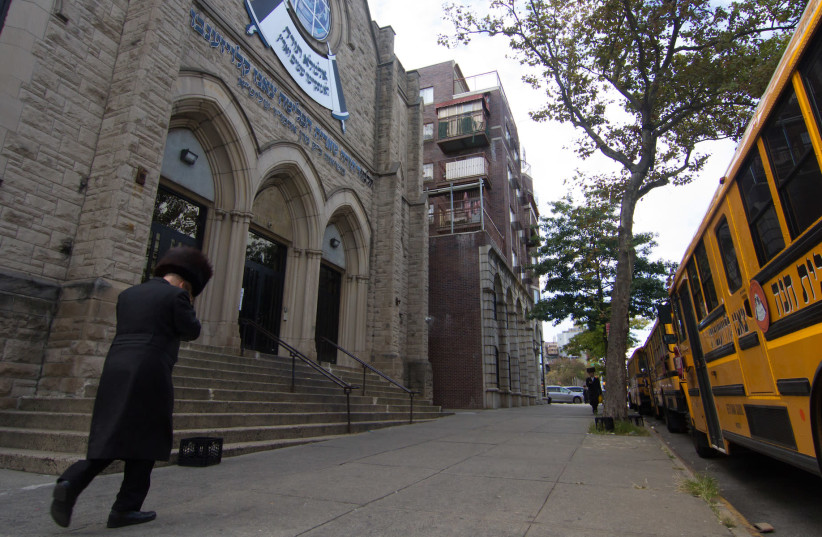New York education program executive Martin Handler has been federally charged for his role in an embezzlement scheme in which Handler, through his four education companies located in Brooklyn, stole roughly $2.8 million worth of government funding for services provided to New York City-area yeshiva's and Orthodox schools, an indictment unsealed on Wednesday revealed.
Handler, 48, was charged with theft of government funds, wire fraud conspiracy and other crimes. Accused of overbilling the government for services, outright stealing funds and carrying out a series of other crimes amounting to $2.8m in damages. Handler was arrested Wednesday. He and his codefendants all pleaded not guilty.
Among Handler’s misconduct was what prosecutors called a “fake after-school program” that sought reimbursement for caring for children who were not actually enrolled in the schools that were meant to receive the care provided. Handler was also accused of commingling two companies he started and lying to the government about it, as well as funneling money to himself through the companies and using government funds to purchase real estate and antiques, among other luxuries.
“The defendants brazenly participated in schemes that stole from programs meant to benefit society’s most vulnerable members – children – and spent the proceeds of their crimes on items like real estate, cars, and to buy items at auction.”
Damian Williams, US attorney for the Southern District of New York
“The defendants brazenly participated in schemes that stole from programs meant to benefit society’s most vulnerable members – children – and spent the proceeds of their crimes on items like real estate, cars, and to buy items at auction,” Damian Williams, US attorney for the Southern District of New York, said in the indictment statement.

“Their schemes used children as currency, creating a fake afterschool program and ‘enrolling’ in that program children who never attended it, all so they could line their own pockets,” continued Williams.
Abuse of government funds in NYC yeshivas
The indictment follows a New York Times report from late December that detailed how private companies serving hassidic and Orthodox schools in the New York City Metropolitan area are now collecting more than $350 million a year in government money in exchange for special education services that are not always needed or even provided.
“The monies that the defendants are alleged to have stolen were intended to support New York families that greatly need financial assistance in securing safe and quality care for their children," HHS-OIG Acting Special Agent in Charge Susan A. Frisco said in Wednesday's indictment.
The yeshivas involved have reportedly urged parents to obtain medical prescriptions for disabilities and apply for government aid on behalf of their children. In 25 yeshivas, more than half the students are qualified to receive special education services, and of the 18,000 applications for special ed services filed by families last year, more than half came from districts with large hassidic and Orthodox communities, – such as Williamsburg, Borough Park and Crown Heights.
The report was not the first report this year by the Times on NYC-area yeshivas and Orthodox Jewish schools – in September, the Times reported that yeshivas were failing to provide secular education as mandated by state law while continuing to collect public funding.
Asaf Eliav-Shalev/JTA contributed to this report.
